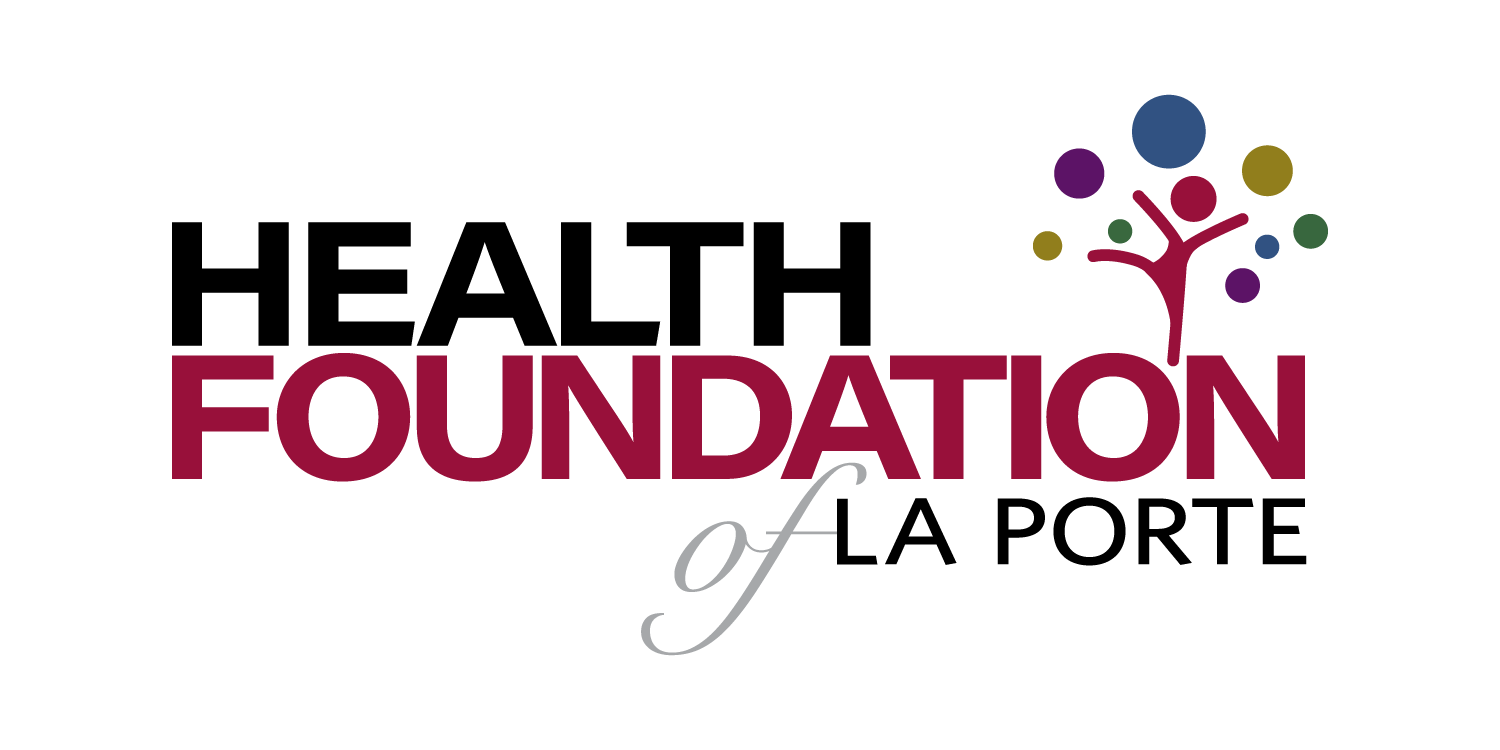Promising Practices
The Promising Practices database informs professionals and community members about documented approaches to improving community health and quality of life.
The ultimate goal is to support the systematic adoption, implementation, and evaluation of successful programs, practices, and policy changes. The database provides carefully reviewed, documented, and ranked practices that range from good ideas to evidence-based practices.
Learn more about the ranking methodology.
Filed under Evidence-Based Practice, Health / Immunizations & Infectious Diseases
Goal: Vaccination programs in WIC settings include the following:
-Assessment of infants’ and children’s immunization status
-On-site vaccinations or referral to vaccination providers
-Additional interventions such as client reminder and recall systems, manual tracking and outreach efforts, or adoption of monthly voucher pickup schedules that require more WIC visits when vaccinations are not up-to-date
Vaccination services may be provided in WIC clinics, or through collocation and coordination of WIC programs with other healthcare services.
Impact: The Community Preventive Services Task Force (CPSTF) recommends vaccination programs in Special Supplemental Nutrition Program for Women, Infants and Children (WIC) settings—when used with additional components--to increase vaccination rates among children.
Filed under Effective Practice, Environmental Health / Toxins & Contaminants
Goal: The goal of this program is to reduce waste and encourage recycling at Vandenberg AFB.
Filed under Evidence-Based Practice, Health / Mental Health & Mental Disorders, Adults
Goal: The goal of WRAP is to teach participants recovery and self-management skills and strategies.
Impact: The WRAP program shows that the efficacy and effectiveness of peer-led self-management interventions has the potential to enhance self-determination and promote recovery for people with psychiatric disabilities.
Filed under Effective Practice, Health / Maternal, Fetal & Infant Health, Children, Families, Urban
Goal: Westside Infant-Family Network’s mission is to ensure that families with prenatal through three-year-olds receive the mental health care and community resources they need to strengthen their families and achieve healthy parent-child relationships.
Filed under Effective Practice, Health / Diabetes
Goal: The goal of this program is to improve diabetes care in Wisconsin.
Filed under Evidence-Based Practice, Health / Children's Health, Adults, Women, Men, Families, Urban
Goal: The goal of With All Families: Parents is to support pediatric care visits and improve child welfare by using screening tools and individual parent coaching to identify and address social determinants of health. Specific program objectives are to improve family functioning generally while specifically focusing on improving protective factors and economic-self-sufficiency. As part of the program, staff also work with families to increase parent concrete support and connect parents to needed physical health, behavior health, and educational resources for their child.
Research supports the benefits of using the strategies employed by With All Families: Parents (i.e., screening, resource navigation, and parent coaching) to improve family welfare by addressing underlying risk factors related to poverty and access to resources. For example, programs designed to provide screening and resource navigation support are associated with reduced social needs, improved child health and decreased child hospitalization visits. In light of evidence suggesting that social factors may in fact play a larger role in determining one’s health than medical care, programs that target these social factors, such as With All Families: Parents, are becoming increasingly important.
References
Garg, A., Toy, S., Tripodis, Y., Silverstein, M., & Freeman, E. (2015). Addressing social determinants of health at well child care visits: a cluster RCT. Pediatrics, 135(2), e296-e304.
Gottlieb, L. M., Hessler, D., Long, D., Laves, E., Burns, A. R., Amaya, A., ... & Adler, N. E. (2016). Effects of social needs screening and in-person service navigation on child health: a randomized clinical trial. JAMA pediatrics, 170(11), e162521-e162521.
Pantell, M. S., Hessler, D., Long, D., Alqassari, M., Schudel, C., Laves, E., ... & Gottlieb, L. M. (2020). Effects of in-person navigation to address family social needs on child health care utilization: a randomized clinical trial. JAMA network open, 3(6), e206445-e206445.
Braveman, P., & Gottlieb, L. (2014). The social determinants of health: it's time to consider the causes of the causes. Public health reports, 129(1_suppl2), 19-31.
Filed under Effective Practice, Health / Heart Disease & Stroke, Women
Goal: The goal of the Women's Lifestyle Heart Trial is to reduce cardiovascular risk factors among postmenopausal women with coronary heart disease through lifestyle changes.
Filed under Effective Practice, Environmental Health / Air
Goal: The goal of a wood stove changeout campaign is to reduce the usage of inefficient wood stoves in order to improve air quality.
Filed under Good Idea, Health / Alcohol & Drug Use, Adults, Urban
Goal: To engage patients who may benefit from early intervention and/or education about substance use disorders, and to direct the individuals toward treatment options at the most appropriate levels of care.
Filed under Effective Practice, Environmental Health / Toxins & Contaminants
Goal: Chattanooga's vision is to become a city where ecological initiatives generate a strong economic base, nurture social institutions and enhance the natural and made environment.

